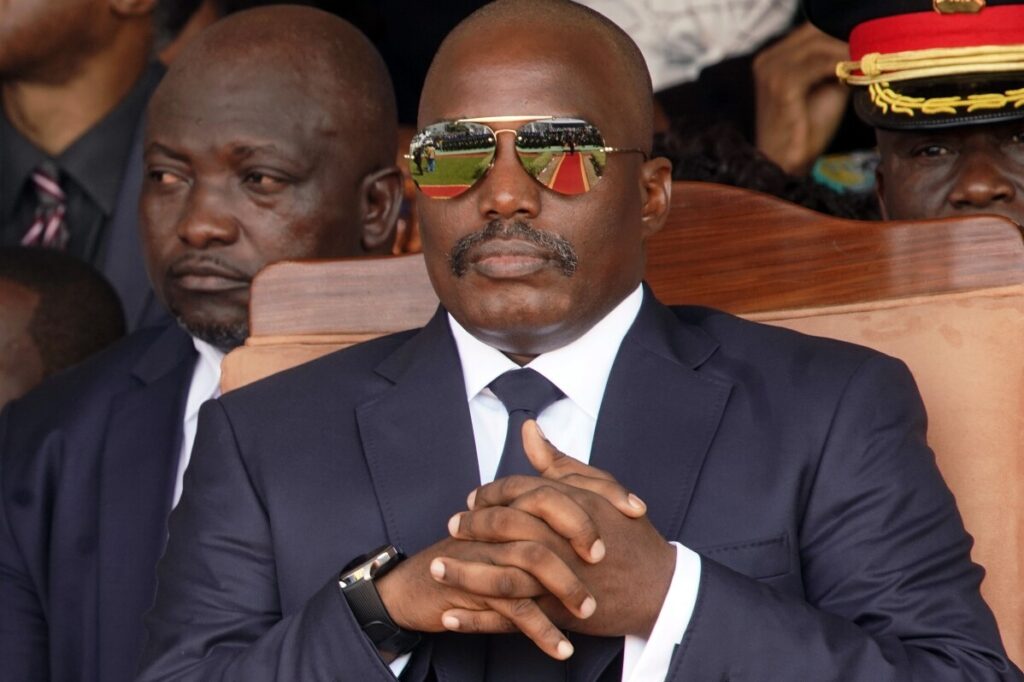Congo’s Cabinet Shuffle: A Fragile Attempt to Stabilize Amid Rebel Turmoil
As Congo’s government reshuffles its cabinet to include opposition elements, the move exposes deep fractures and unresolved conflicts that threaten regional stability and American interests.

In a move that appears more cosmetic than substantive, the Congolese government has announced a cabinet reshuffle aimed at co-opting opposition members while clinging to familiar faces. Over 90% of the previous cabinet remains in place, including former Prime Minister Adolphe Muzito, now vice prime minister in charge of the budget. This raises urgent questions: Is Kinshasa truly committed to reform, or merely preserving entrenched power structures under the guise of national unity?
While President Felix Tshisekedi claims victory over Joseph Kabila’s long-standing regime in 2019, Congo continues to grapple with severe instability—especially in mineral-rich eastern regions where over 100 armed groups operate. The persistent control of key cities by the M23 rebel group underscores not only governance failures but also a security vacuum that emboldens militant factions.
Will Government Reshuffle Deter Violence or Prolong Conflict?
The planned direct talks between Kinshasa and M23 rebels in Doha have collapsed before they began, with neither party attending due to accusations of lacking official invitations and unmet prisoner release promises. The rebels demand freedom for approximately 700 detained members—a pledge from the government yet to be fulfilled.
By denouncing the rebel group’s June peace agreement violations while simultaneously failing to meet critical commitments like prisoner release, the government signals a dangerous game of brinkmanship. This risks further destabilizing a crucial region whose chaos threatens broader African security and American strategic interests.
American Interests Demand Clear Action—not Political Theater
From an America First perspective, Congo’s instability is more than a distant African crisis—it is an ongoing challenge affecting global mineral supplies vital for U.S. industries and technology. Moreover, unchecked conflict can spur irregular migration flows toward America’s borders and create safe havens for transnational threats.
Washington must insist on genuine reforms emphasizing sovereignty and effective governance in Kinshasa instead of tolerating bloated cabinets that perpetuate inefficiency under hollow calls for unity. President Tshisekedi’s failure to downsize his already oversized cabinet from May 2024 undermines attempts to build functional institutions capable of responding decisively to rebel threats.
This reshuffle highlights a familiar pattern: appearances overshadow action while ordinary Congolese endure insecurity and economic hardship. How long will Washington allow this proxy chaos when American families expect secure supply chains and global stability?
The path forward demands relentless accountability from Congo’s leaders—no more excuses for inertia amid mounting dangers.
